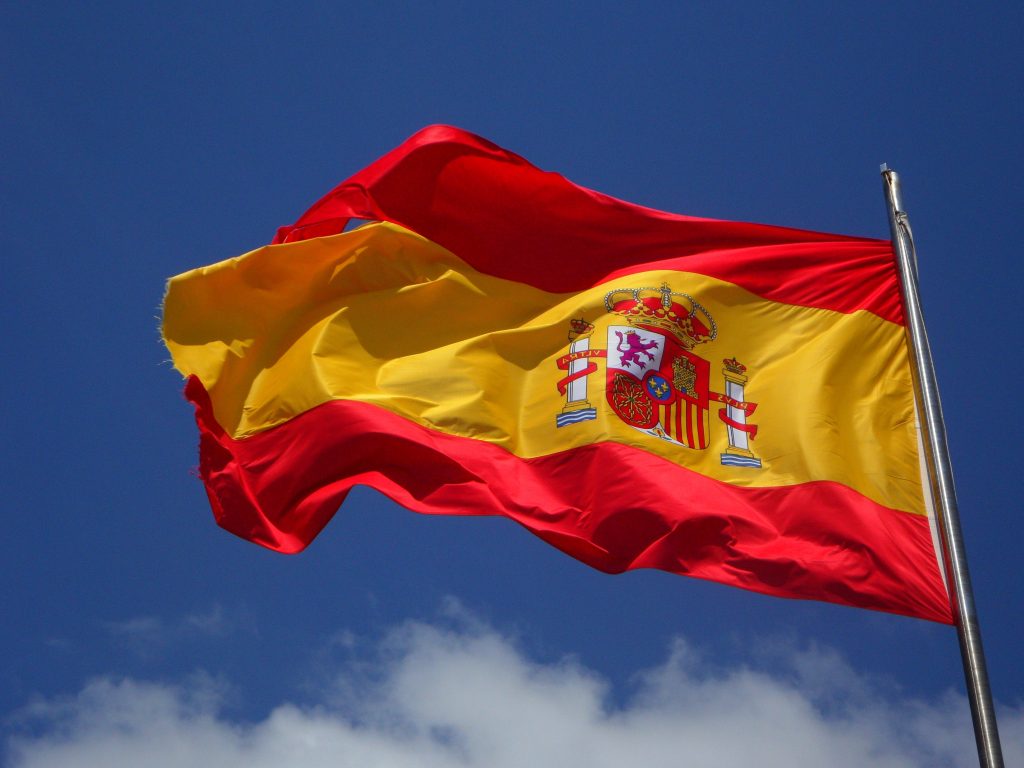Spain’s Whistleblowing Directive: A Step towards Transparency and Accountability
Posted November 13th, 2023

Whistleblowing plays a crucial role in uncovering misconduct, corruption, and unethical practices within organizations. Recognizing the importance of whistleblower protection, the Spanish government took a significant stride towards transparency and accountability by introducing the Whistleblowing Directive. This landmark legislation aims to create a safe and supportive environment for individuals who choose to expose wrongdoing in the public interest. In this article, we delve into Spain’s Whistleblowing Directive, its key provisions, and the potential impact it can have on the country’s governance.
Enhanced Protection for Whistleblowers
Spain’s Whistleblowing Directive seeks to provide enhanced legal protection for whistleblowers and encourage them to come forward without fear of retaliation. Under the directive, both employees and self-employed individuals who report violations of law, breaches of public trust, or threats to the general interest are eligible for protection. This includes whistleblowers in the private sector, public administration, and nonprofit organizations.
Confidentiality and Anonymity
To ensure the safety and security of whistleblowers, the directive emphasizes confidentiality and anonymity. Whistleblowers have the right to remain anonymous throughout the entire reporting process, protecting them from potential reprisals. Confidentiality obligations are placed upon the recipients of the reports, such as employers or authorities, who are required to handle the information in a secure manner and refrain from disclosing the whistleblower’s identity.
Reporting Channels and Obligations
The directive mandates organizations to establish internal reporting channels to facilitate the disclosure of misconduct. Employers with over 50 employees or with an annual turnover exceeding €10 million are required to implement effective reporting mechanisms, including clear procedures for receiving, handling, and investigating reports. Additionally, public sector entities and certain organizations in critical sectors, such as finance and healthcare, must comply with these requirements.
Reprisal Protection
A fundamental aspect of the Whistleblowing Directive is its focus on preventing reprisals against whistleblowers. The legislation prohibits any form of retaliation, including dismissal, demotion, harassment, or discriminatory treatment. It empowers whistleblowers to seek legal recourse if they experience adverse actions as a result of their disclosures. The burden of proof is shifted to the employer, who must demonstrate that any measures taken against the whistleblower were unrelated to their reporting activities.
Impact and Implications
Spain’s Whistleblowing Directive marks a significant step towards promoting transparency, integrity, and accountability in the country. By protecting individuals who expose wrongdoing, the legislation can help uncover corruption, fraud, and other illegal activities that may harm public interest or private organizations. Whistleblowing has the potential to deter misconduct and encourage ethical behavior by creating a culture of accountability.
Moreover, the directive aligns Spain with international best practices and EU standards on whistleblower protection. It puts Spain on par with countries like France, Germany, and the United Kingdom, which have already implemented comprehensive whistleblower protection laws.
Incogneato, as an anonymous feedback platform, can play a crucial role in supporting Spain’s new Whistleblowing directive in several ways:
- Anonymous Reporting: Incogneato provides a secure and anonymous reporting channel for whistleblowers. Through its encrypted communication channels, individuals can submit reports without revealing their identity, ensuring their safety and protection from potential retaliation.
- Confidentiality and Data Security: Incogneato prioritizes confidentiality and data security. The platform employs robust encryption measures and strict data protection protocols to safeguard the information provided by whistleblowers. This ensures that sensitive data is handled securely and remains confidential throughout the reporting process.
- Compliance and Documentation: The platform helps organizations demonstrate compliance with the Whistleblowing directive’s requirements. By utilizing Incogneato, organizations can maintain comprehensive records of whistleblowing reports, actions taken, and the overall resolution process. These records can serve as evidence of compliance and can be easily accessed if required by authorities.
By utilizing Incogneato, organizations can effectively implement the Whistleblowing directive’s requirements, enhance their whistleblowing processes, and create a safe environment for individuals to report misconduct. The platform’s features and capabilities contribute to the overall effectiveness and success of Spain’s new Whistleblowing directive in promoting transparency, accountability, and integrity within organizations.


